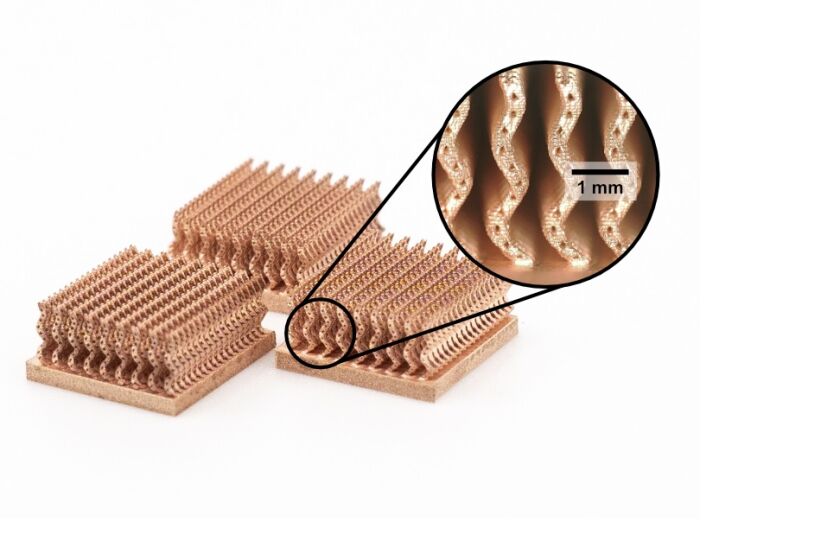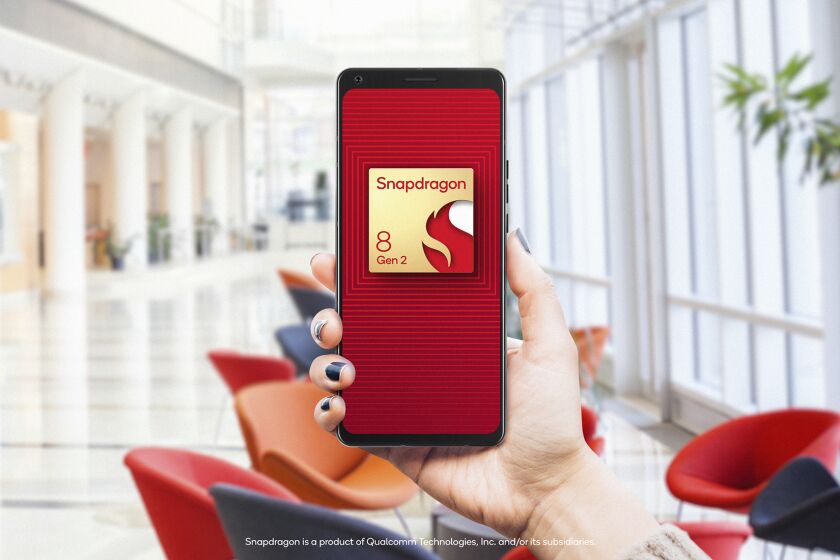San Diego drug developer Sorrento Therapeutics files for bankruptcy amid legal battles

Arbitration awards in long-running dispute over potential cancer treatment posed threat of short-term liquidity crunch.
San Diego’s Sorrento Therapeutics filed for Chapter 11 bankruptcy protection this week after a setback in a complex, long-running legal battle over the sale of its fledgling antibody lung and breast cancer drug in 2015.
The company, which employed more than 700 workers as of December 2021, filed for bankruptcy in the Southern District of Texas on Monday. It claims to have $1 billion in assets and $235 million in liabilities. But it opted for Chapter 11 protection because it feared “a short-term liquidity crunch” following arbitration rulings.
“As a result, Sorrento sought Chapter 11 relief to safeguard business operations and its ability to continue developing life-saving therapeutics, while protecting and maximizing value for stakeholders,” said Chief Executive Henry Ji in a statement.
Since 2019, Sorrento has been embroiled in a legal fight with entities associated with Dr. Patrick Soon-Shiong, the owner of the San Diego Union-Tribune and Los Angeles Times.
Soon-Shiong was not available to comment by press time. He invented and sold a cancer drug — Abraxane — to Celgene in 2010, reportedly for $2.9 billion. (Abraxane received U.S. Food and Drug Administration approval for the treatment of metastatic breast cancer, lung cancer and advanced pancreatic cancer in both the U.S. and E.U.)
In 2015, Soon-Shiong’s Nant family of companies, including NantPharma, purchased a potential rival drug to Abraxane from Sorrento Therapeutics. The deal included a license, milestone payments and joint venture agreements.
In 2019, Sorrento filed two legal actions alleging fraud, breach of contract and other claims. The lawsuits contended that Soon-Shiong entities purchased the cancer drug from Sorrento to halt its progress toward coming to market in what Sorrento alleged was a “catch and kill” operation.
Soon-Shiong denied the allegation, In an emailed statement to the Union-Tribune at the time, he said the allegation was “totally without merit” and “we shall defend ourselves vigorously against this baseless allegation.”
The cases went to arbitration. In December, Sorrento was ordered to pay $173.6 million in contractual damages related to the license agreement with NantCell and Nantibody.
Later that month, NantPharma was ordered to pay Sorrento $125 million related to lost milestone payments for the cancer drug’s failure to progress toward regulatory approval.
Earlier this month, a California court stayed the bulk of the arbitration awards for 70 days. But the judge did not stay $50 million of the award against Sorrento, which means collection attempts could begin immediately.
“Sorrento assessed that enforcement actions with respect to the $50 million unstayed portion of these judgments, such as attachment of Sorrento’s assets and bank accounts, could lead to significant business disruption,” said Ji in a statement.
The company did not disclose a time frame for exiting bankruptcy. It listed NantCell and Nantibody as its two largest creditors, followed by three law firms.
As of September, the company had $70 million in cash and $47 million in marketable securities. Revenue for its third quarter was $17.4 million, and it posted a $90 million net loss.
Sorrento’s stock closed at $1.05 per share a week ago but ended trading Tuesday at 20 cents per share on the Nasdaq exchange.
Get U-T Business in your inbox on Mondays
Get ready for your week with the week’s top business stories from San Diego and California, in your inbox Monday mornings.
You may occasionally receive promotional content from the San Diego Union-Tribune.










